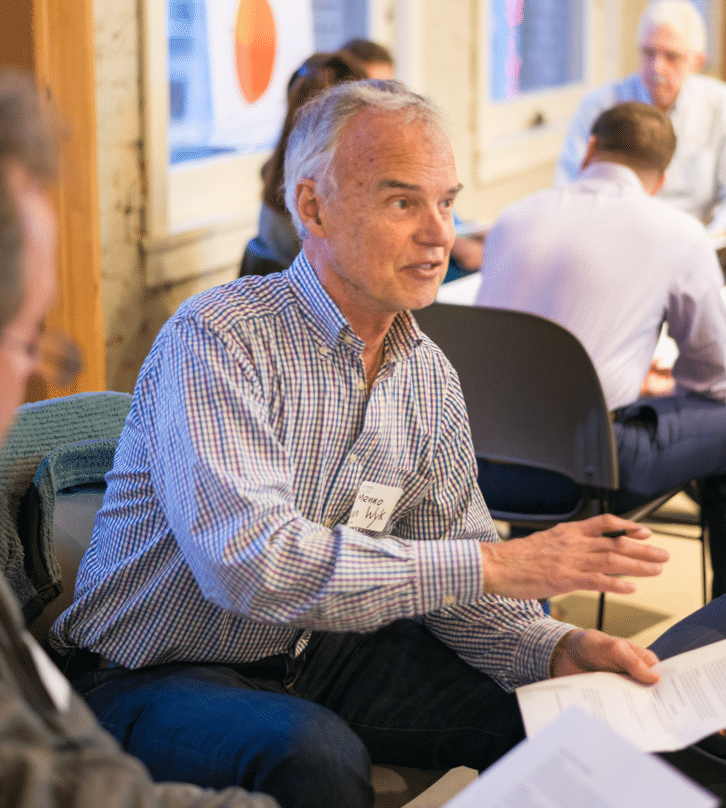In the world of agriculture, Africa stands out for the degree to which smallholder operations dominate farming on the continent—most of Africa’s food is grown on small-scale farms. African farming also stands out for drawing in a low volume of venture capital investment.
But this could be changing. A new report shows how interest in funding African farming ventures by venture capital groups spiked last year and is on track to continue expanding aggressively this year. For innovators interested in finding new ways to improve yields and farming outcomes on the continent, this new 32-page overview compiled by AgFunder, British International Investment, and the Netherlands development bank FMO Ventures is well worth a read. It paints a fascinating and informative picture of where Africa’s agricultural startup community is at today and where it could be heading in the future as investors finally start paying attention to opportunities there.
“Roaring” investment growth
The Africa AgriFoodTech Investment Report 2022 doesn’t sugarcoat the challenges facing African farms desperate for farming innovation funding and entrepreneurship.
At over 1.2 billion people today, Africa is experiencing the fastest rate of population growth in the world. Consequently, food demand is growing rapidly there, as well. Africa is also home to the world’s youngest demographic—North America, Europe, and Asia are all famously aging by contrast.
Yet last year Africa attracted less than 1% of all venture capital spending on agriculture—just $482 million compared to the nearly $52 billion raised globally, the report shows. The figure for the entire continent is about the same as the public-sector agricultural research budget of Nigeria or South Africa. Far too many potential food and agriculture investors still overlook opportunities in Africa.
But a very encouraging trend is apparent in the data, as well. Investment volumes were negligible just a decade ago but have grown steadily since. Investments more than doubled from 2020 to 2021. They seem set to nearly double again. “Investing in 2022 got off to a roaring start, with startups raising roughly $400 million in the first half of the year—more than 80% of what was raised in all of 2021,” the report notes. Standout stories include Wasoko, a startup company in Kenya that raised $125 million to develop technology to improve food distribution in the country.
Where the money goes

The pot of money is expanding, but the distribution of available investment funds in Africa is still very uneven. The report shows how just four countries are dominating investment in agricultural innovation there: 80% of all funded projects occurred in Nigeria, Egypt, Kenya, and South Africa last year. Morocco and Ghana attracted a further 8% of the activity. The rest of Africa shared the remaining 12%.
Investment is uneven by food and agricultural sectors as well. Africa’s smallholder farms feed the continent but lag badly behind the rest of the world in productivity and yields per hectare. More investment and attention to upstream efficiency and productivity enhancements are needed. But of total investment spending last year, upstream agricultural considerations—growing more food or more profitable crops in the field—drew in the smallest slice of the funding pie.
Some two-thirds of investment dollars went to Africa’s midstream agriculture sectors instead, meaning storage and distribution “companies bridging logistics, financing, and other obstacles to the movement of food between farmers and consumers,” as the report’s authors indicated. Last year only $32 million in new investment was directed straight at Africa’s farming fields. Midstream activities, meanwhile, garnered $317 million, almost ten times more. Digital service startups in Africa attracted much of the attention and investment, as did financial service providers or “fintech” companies as the report describes them.
The report’s main takeaway is that venture capital investment in African agriculture is rising rapidly but still lags far behind the rest of the world. Money is flowing to innovative agricultural startups, but little of their work is on-farm and within that only a fraction is relevant and affordable to smallholders.
When it comes to on-farm technologies useful to smallholders, the public sector continues to dominate the African landscape and fluctuations in government budgets can overwhelm venture capital funding. Neither government nor the private sector has all the answers, and Grow Further is working to further diversify the funding ecosystem.
— Grow Further
Photo credit: A farmer plows a field outside Abuja, Nigeria. Milo Mitchell, International Food Policy Research Institute (IFPRI).




